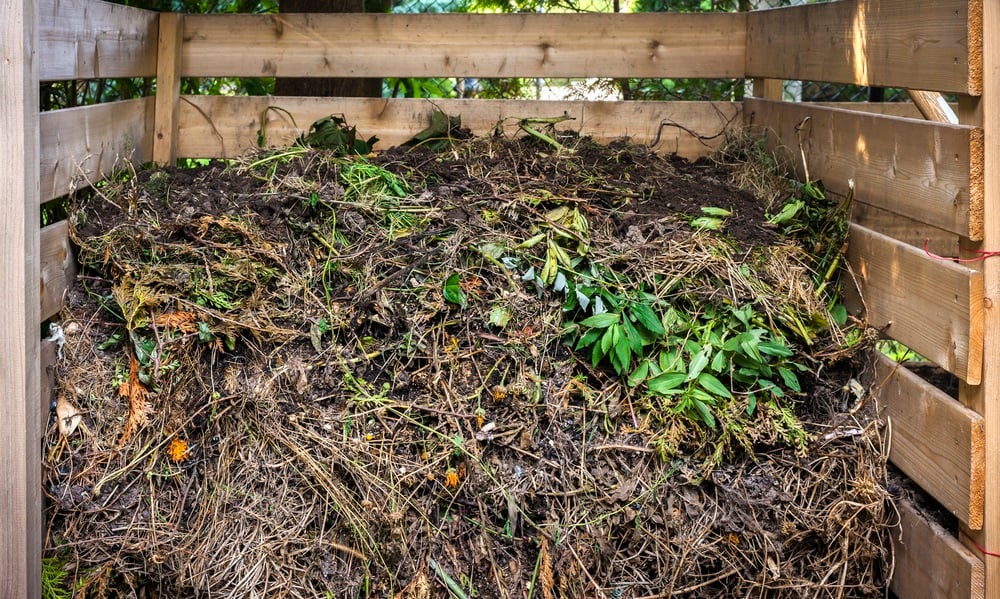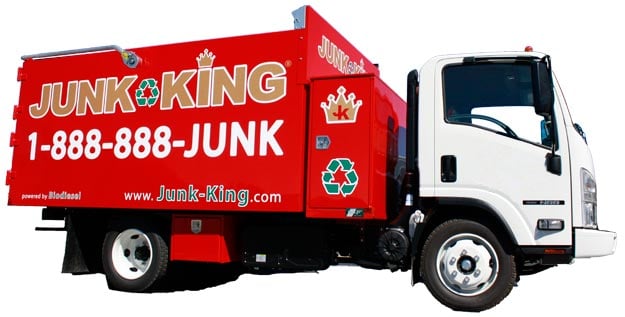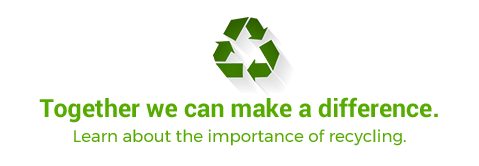
[This article was first published in April 2019 and has been expanded and revised.]
When most folks think of "yard waste" they don't think about lawn clippings and leaves in terms of benefits and cost savings. But they should.
The interesting thing about all the organic waste material is that most of us traditionally rake it up, cram it into a green waste barrel, and then go back to repeat the process a few weeks later. Yet all that "waste" and yard debris is actually beneficial.
You might be thinking, "Great! So I don't have to rake all that stuff up anymore?"
Well, not quite.
How Organic Yard Waste Benefits Your Outdoor Space
First, we should probably not use the term, “yard waste”.
When it comes to your yard, all the organic matter, including leaves, grass clippings and yard trimmings can be reused and recycled. In fact, recycling as much as possible in your own yard eliminates the need for using chemical-based fertilizers can be a source of toxic runoff in many suburban settings.
Some of the main ingredients your lawn and other landscaping plants need to survive and thrive are nutrients, primarily nitrogen, phosphorus, potassium. In smaller amounts, most grasses and other plants require calcium, magnesium, and sulfur as well.
Instead of using chemical or even organic-based fertilizers from the store, you can reuse what you already have at hand to feed your grass and plants.
As one article points out,
"Instead of bagging up your grass clippings after mowing, leave them on the lawn where they will decompose and return nutrients back to the soil. Just make sure to avoid cutting grass less than one inch.
Another great way to reuse is with dried leaves or shredded wood waste. You can use these to make mulch. Spread mulch in thin layers around the base of plants. This prevents weed growth, retains water, adds nutrients back to the soil, and regulates soil temperature. You can do the same with grass clippings."
Many people are re-discovering the benefits of composting, especially for recycling their yard trimmings and organic debris. There is nothing new about composting and many folks have always followed the practice, but it is seeing a resurgence among more suburban homeowners and renters.
It's estimated that domestic food scraps and residential yard waste make up about 20 to 30 percent of what goes into the waste stream and, ultimately, into the quickly diminishing landfills. By redirecting all of this organic waste into compost bins, it is possible to make a significant reduction in the amount of waste being processed.
The major benefit of compost is that it's an organic material that can be added to soil to help plants grow. This material includes hard things such as dead leaves, twigs, and branches. In composting terms these materials are referred to as "browns".
All of the "soft" organic waste materials such as grass clippings, vegetable waste, fruit scraps, and coffee grounds can be added to your compost pile are are known as "greens". For most of us, we generate these waste materials on a regular basis which makes starting a compost bin fairly easy.
Composting Basics
Composting is an eco-friendly approach to getting rid of and reducing organic debris. Some people avoid composting because they’re intimidated by the process or they’re not sure which items can be composted. But composting can help reduce the amount of organic waste you dispose of into the municipal waste stream and - ultimately into our landfills.
What is Composting?
Compost is nothing more than organic matter that has been naturally “recycled” into soil amendment or fertilizer. In simple terms, composting is a process of allowing a pile of moist organic matter such as leaves and food waste, to break down into humus after several weeks or months. While it is easy to put into motion, the processes are complicated and involve specific amounts of water, carbon, nitrogen, and air to create compost.
What Can be Composted?
There are several types of organic material that can go into compost including vegetables, fruits, leaves, branches, plants, eggshells, and coffee grounds. In fact, you can even add used coffee filters, plain paper, and shredded cardboard as compost materials.
Advantages of Composting
Not only does composting reduce the amount of organic junk in landfills, it also reduces the negative environmental impact of decomposing organic waste in those landfills. Your outdoor spaces benefit by having compost as fertilizer for the plants and flowers in your gardens, instead of chemicals that can harm the soil.
Composting Organic “Junk”
There are plenty of resources available online to help you build a compost bin for collecting all the items you use for composting. Composting may seem like a complicated process at first, but once you have established a routine, it becomes quite easy and you will be helping conserve the environment.
Sometimes, you may still end up with far more organic waste and debris than you can effectively compost or otherwise reuse. (e.g. mulch) That’s when hiring a junk removal team like Junk King to collect your excess green organic waste is an efficient and fast way to get rid of it.
Tips For Composting and Minimizing Yard Waste
Building and using a compost bin is fairly easy. You need a dry, shady area near a water source. A level spot in your yard is best, preferably off to one side or in a corner, that provides about a three-to-five foot square space. Build three sides, if you can, or at least a back to help support your pile.
Add brown or green materials and moisten them as they're added.
Your compost pile should contain roughly equal amounts of 'browns' to 'greens' and the layers should alternate between brown and green. The brown material provides carbon, while the green provides nitrogen.
Eventually, after a compost pile a few feet high has been created, you can mix green waste and grass clippings into the pile and even bury fruit and vegetable waste under about 10 inches of compost material.
You may also want to cover the top with a tarp to keep it moist and keep out excessive water from rain. Your compost will be ready to use when the material at the bottom is dark in color. For more information and tips on composting, the EPA has a helpful resource here.
Another beneficial aspect of yard waste is having less of it.
According to CalRecycle's Landscape Management Guidelines, you can save money, time and expenses with these practices:
- Controlled Irrigation
Water just enough to maintain plant functions and appearance. Schedule frequency and length of watering based on weather and plant requirement data. This will limit excessive plant growth and reduce waste. - Precise Fertilization Usage
Apply precise amounts of necessary plant nutrients based on soil testing and nutritional needs of the plants. Since most woody plants do not require fertilizer for normal growth, eliminating fertilizer applications will minimize the need for pruning, thus reducing green waste. - Grasscycling
Grasscycling is the natural practice of mowing without a bag and leaving the clippings on the turf. Using mulching mowers leaves small chopped-up clippings on the grass. As these decompose, the additional organic matter will reduce fertilizer and watering requirements. - Selective Pruning
Use techniques that result in natural growth patterns and healthy plants. Woody plants should develop to their natural form—prune only to remove dead or diseased branches, leaves, and flowers.
You Can Call in an Expert Team for that Yard Debris
Yard waste can sometimes be more than you can handle. You may have had some recent storms that left huge tree branches strewn across your yard. Or maybe you're planning a gardening or landscaping project that’s going to leave a lot of dirt and debris everywhere.
And maybe you have other debris that's not organic like a bunch of junk and clutter in your yard that you haven’t had time to clean up?
Junk King provides an efficient, safe and eco-friendly yard waste removal service so you don’t need to worry about the pick up or disposal of your yard debris. Our experienced debris removal team will break down and haul off any types of yard waste you have. Unlike the backseat of your car, our junk removal trucks are made to handle those dirty yard debris items.
Ready to get rid of your yard waste? It’s as simple as 1, 2, 3. You make an appointment by booking online above or by calling 1.888.888.JUNK (5865).
Our professional and insured yard waste removal team will show up at your home or office; we call 15 minutes before we arrive on site and we’ll give you a free estimate based on how much room your junk takes up in our truck. You point and we haul the debris into our junk removal trucks, with no hidden fees.






